Across the country, phone bans have been center stage in the news as several states begin to crack down on cell phone use in school in response to rising rates of mental illness in youth. According to Education Week, states have varied in their restrictions, with a law in Ohio simply requiring every district to create an official policy regarding cell phones, to a law in Louisiana prohibiting cell phones during the entire school day. Overall, nationally, phone bans are being viewed as the silver bullet to the youth mental health crisis, however, for older students, they are doing more harm than good.
Although phone bans are a hot topic today, they are not new. In the 1990s, several districts began to ban flip phones, which were becoming a distraction in the classroom. This movement gained momentum until the Columbine High School shooting in 1999, which made parents nervous about not being able to reach their kids during the school day. As social media platforms developed throughout the 2000s and the 2010s, there was a growing concern about the damage such platforms were doing to youth. The big turning point, however, was the pandemic. During the pandemic, kids became more immersed in technology than ever before, relying heavily on social platforms to communicate with each other while in physical isolation. Four years later, the effects of the pandemic have lingered, with kids still being extremely attached to their phones in navigating their social lives.
Although everyone can agree that an excess amount of social media and screen time is detrimental to mental and physical health, particularly to younger kids, strictly enforcing phone bans in schools is damaging in another way. Specifically in high school, students are supposed to be preparing for college and the workforce where every moment of their lives will not be micromanaged. Most professors in college aren’t going to take your phone up at the beginning of class in a lecture hall of 500 students, so high school is where students need to practice regulating their phone usage and developing time management skills so by the time they get to college, they know how to be independent. Screentime management is a new skill that needs to be developed just like any other skill in school, but how can students learn if they aren’t even given the chance? This phone ban is throwing students out into the world with no idea how to self-manage, self-organize and is setting them up for failure.
Today, college students are struggling more than ever with the workload and demands of college, and they are feeling more and more unprepared. Professor Sami Schalk explained to Business Insider that several years back she implemented an extension policy for certain assignments. In previous years, she noted only a handful of students used the extension for extreme circumstances, but now, she estimated almost a third of her students used the extension on every assignment, showing that students are less capable of getting their work done on time and performing well in college.
Overall, this phone ban represents a larger umbrella of the shrinkage of kids’ independence over time. Research psychologist Peter Gray explained to the Washington Post that the decrease of time and activity away from parental supervision and supervised extracurriculars can be just as linked to the youth mental health crisis as screentime usage. A lack of independence is causing kids to become less confident, less risk-taking, less resilient to obstacles and failure, and therefore, overall, less happy. Unfortunately, the only way kids learn how to be independent is by being independent. Learning how to be independent could be named as the core lesson of childhood and it is being snatched away, leading to a generation of young adults that are insecure, anxious, and depressed.
I empathize with teachers staring at a room of heads looking down, but school is not just about getting assignments done, it’s supposed to be about growing students to be prepared for adulthood, and this type of crackdown is just not doing that. It’s important to teach kids about the risks of social media and screen over usage and encourage limitations or some sort of policy, but it has to come from kids themselves. Although this may be harsh, kids need to be allowed to fail and pick themselves back up. Students need to be allowed to suffer the natural consequences of not paying attention in class and then flunking the next quiz because that is a better push than any law will be. I am hopeful that given resources and support from both parents and teachers, students will learn how to operate themselves alongside the digital world and feel more prepared to enter adulthood without constant supervision.


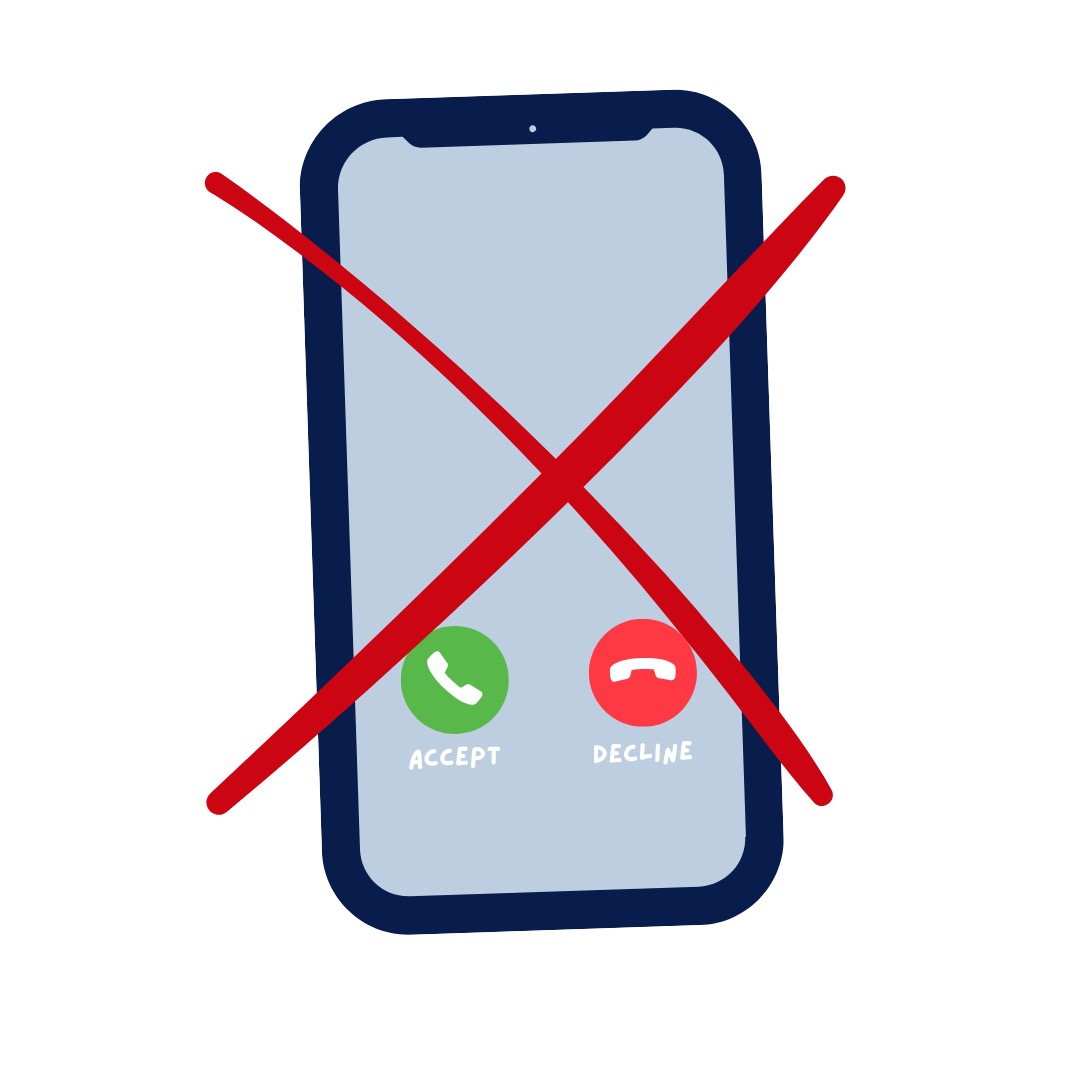

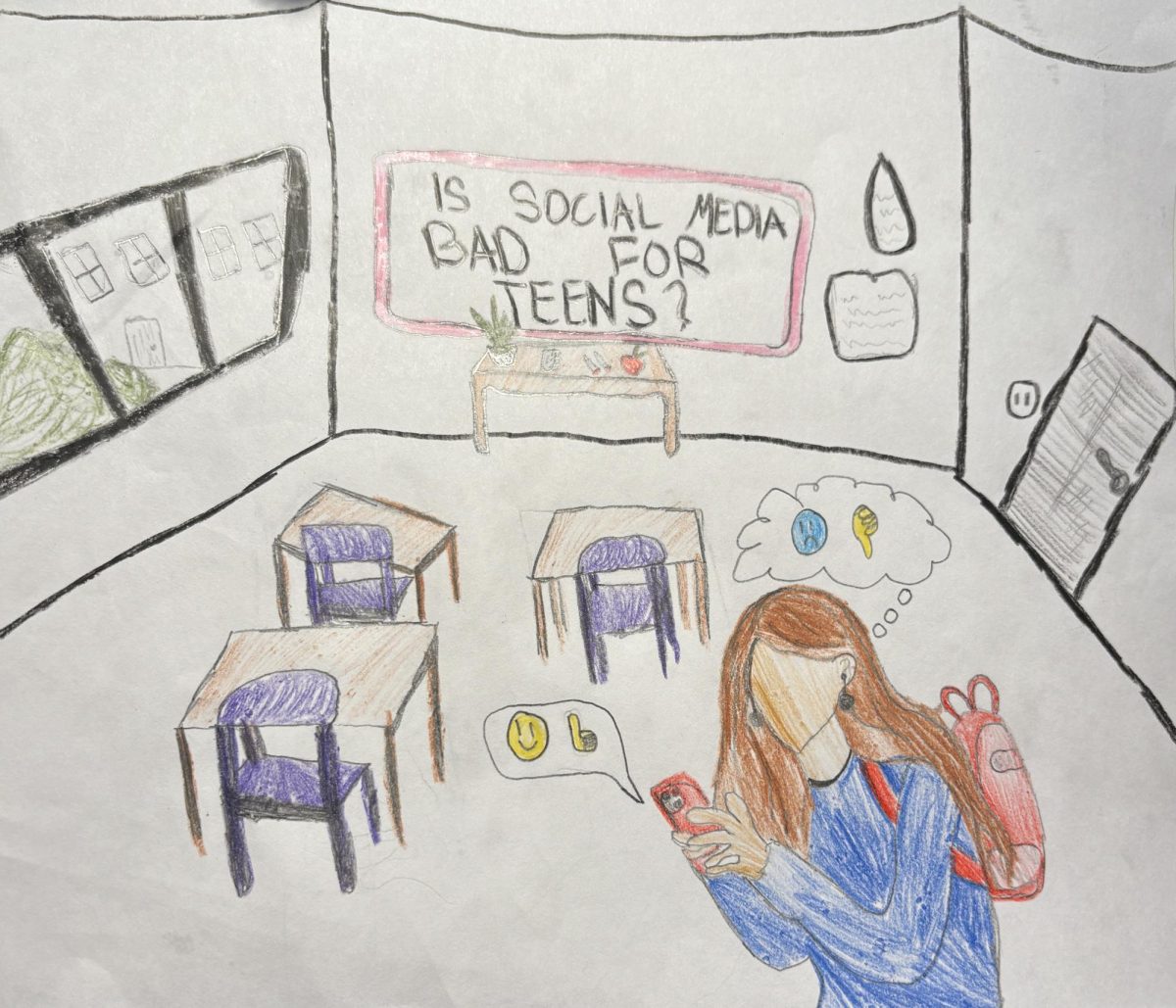
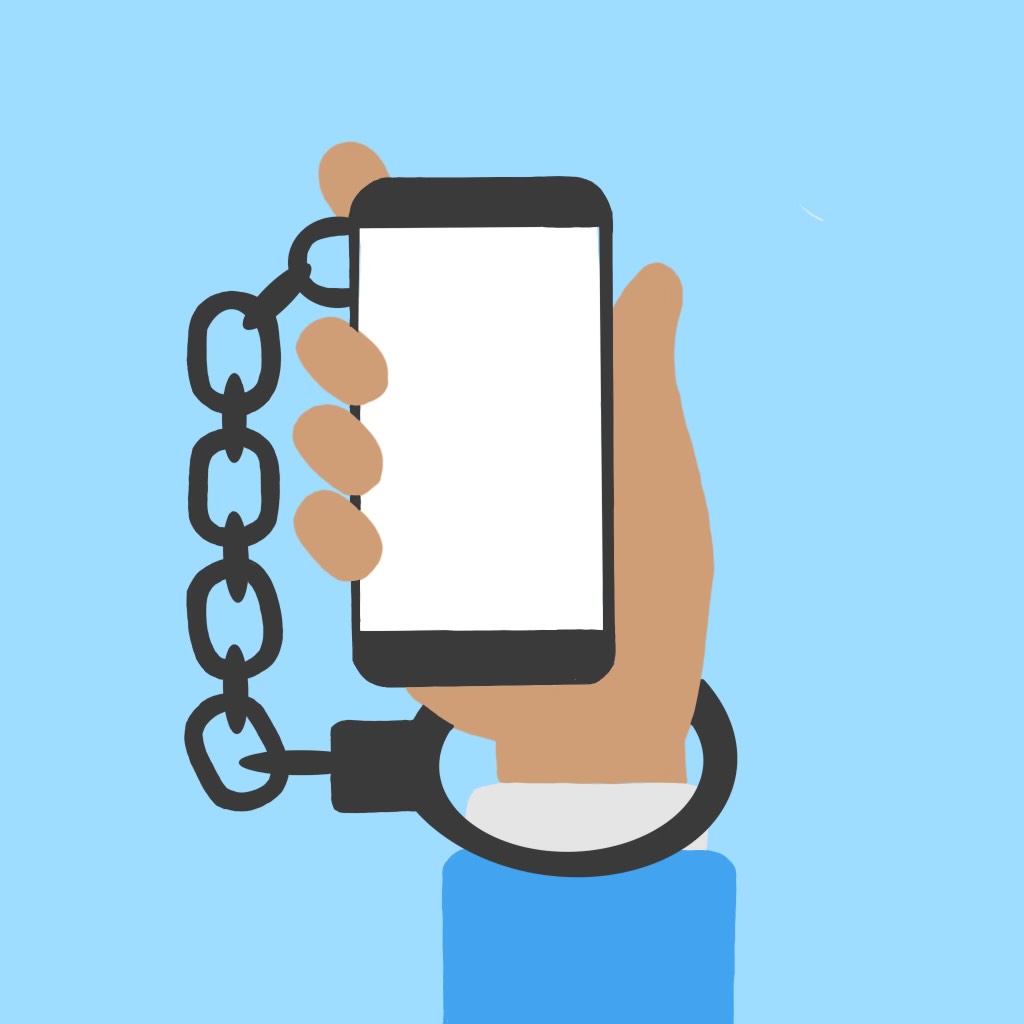

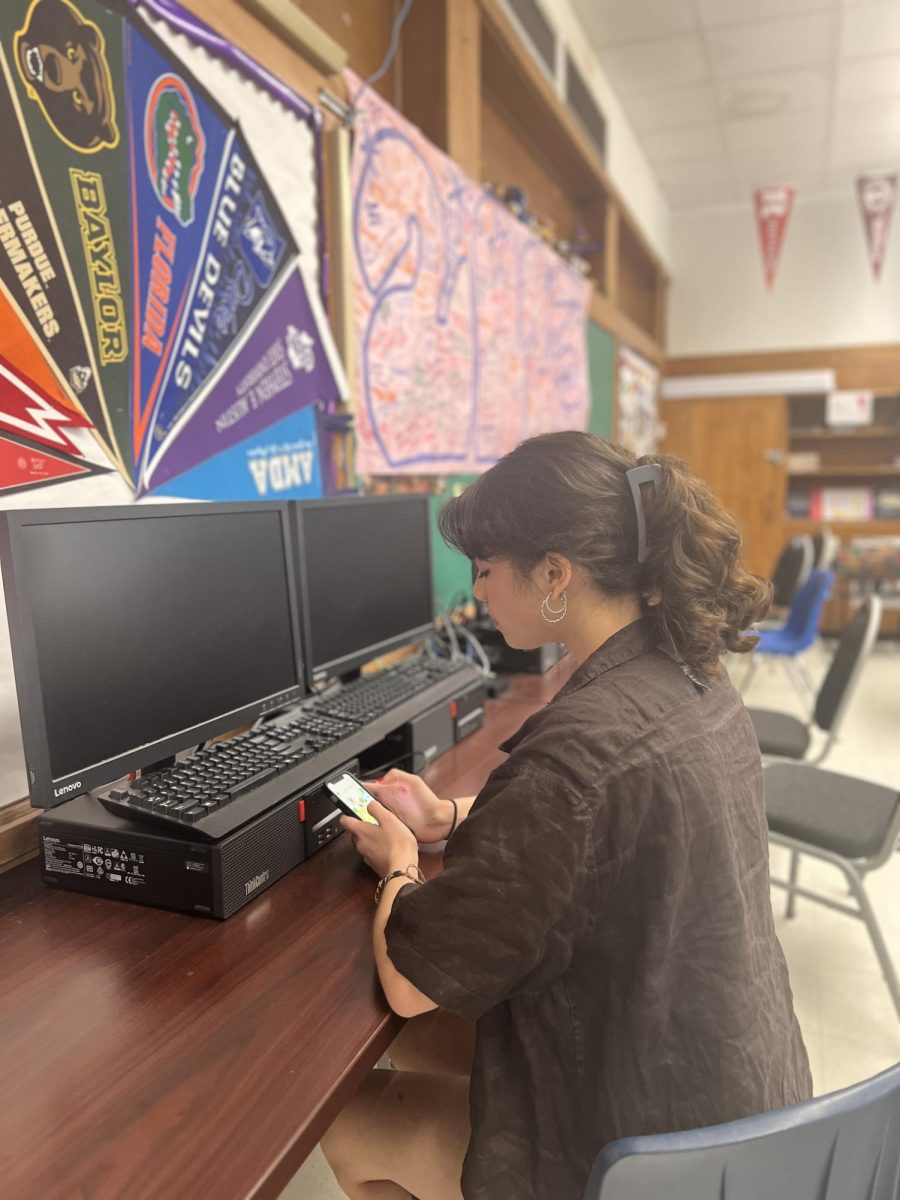
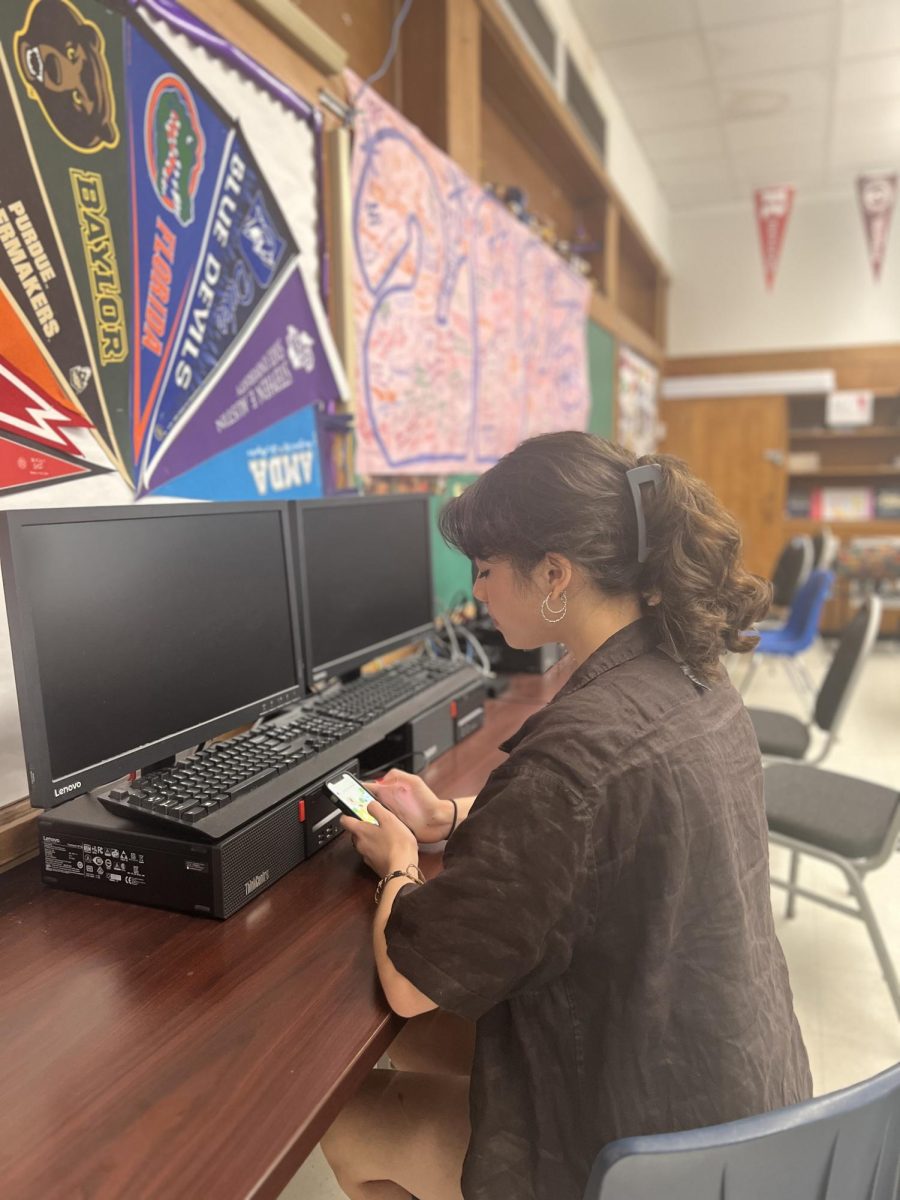





Elizabeth Cantu • Nov 25, 2024 at 10:19 pm
Phone usage in class is a major nuisance for both teachers and students. It should be discouraged, with phones recommended to be kept in backpacks. Some middle schools have banned phones to reduce dependence on them and encourage limited usage. In high school, we expect students to make better choices that will impact their future careers. However, deciding whether to ban phones in school is not an easy decision.